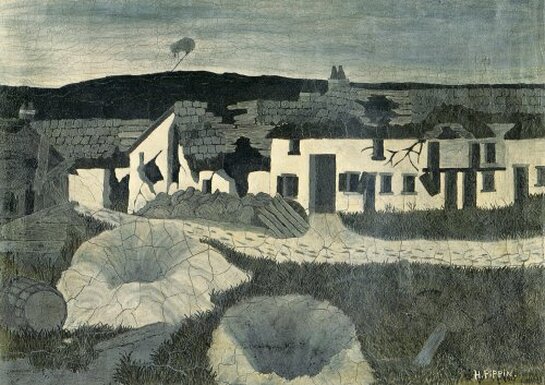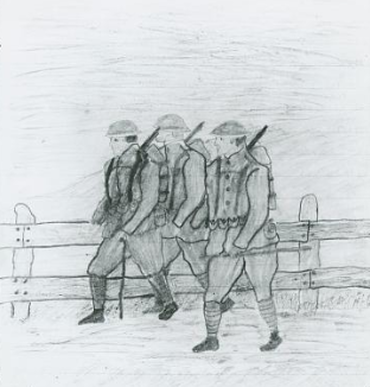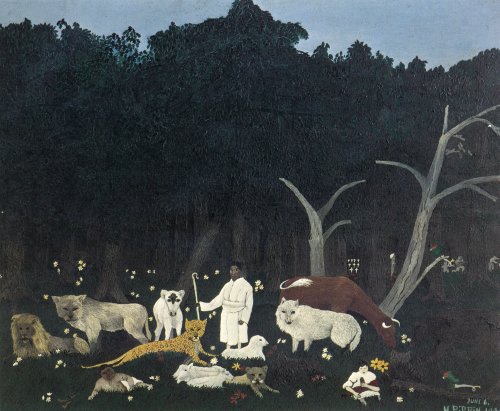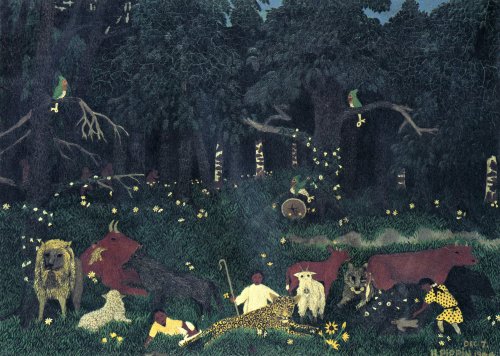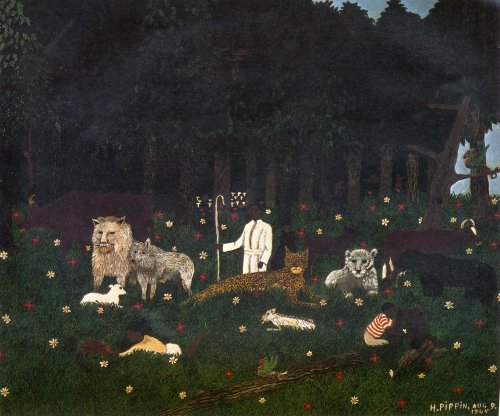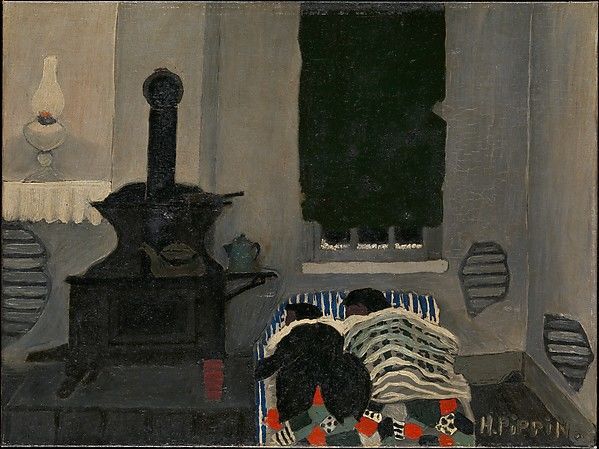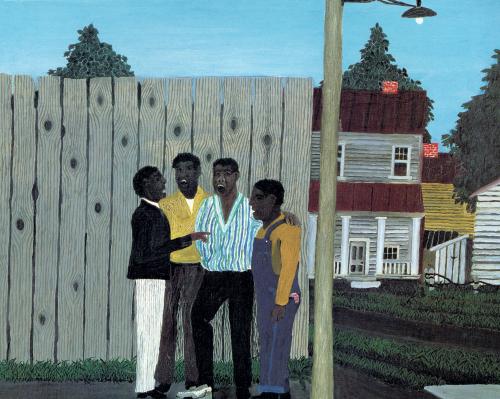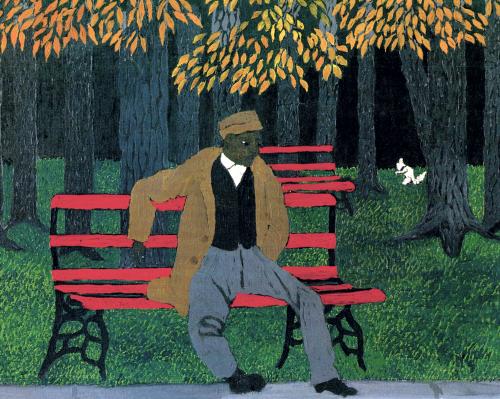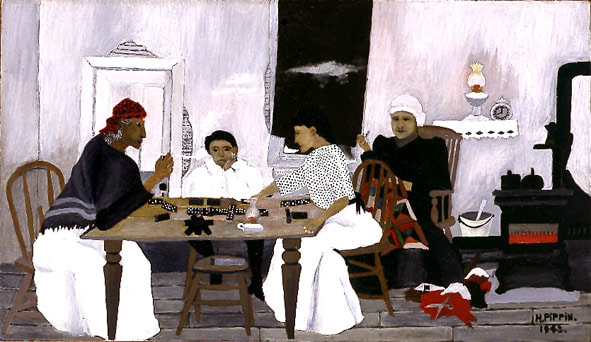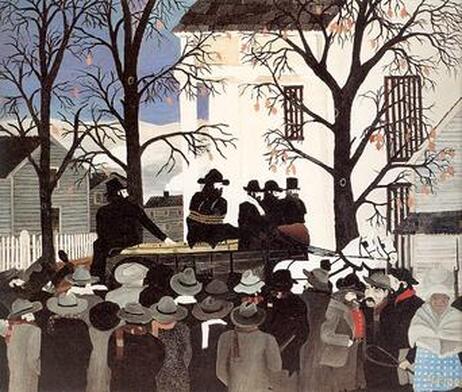|
Aftermath The little French village Took the German shelling hard. Once noisily vibrant With the music of joy and life, It is now deafening silent With death and decay, The putrid smell Of rotting flesh Wafting on the air. It is completely still, Utterly unmoving. Shell holes gape Once fertile fields, With family homes Totally destroyed. A lonesome observation balloon Surveils the widespread damage. Is it friend, Or is it foe? Do its occupants Weep with sorrow, Or are they giddy and jubilant In celebratory victory? It doesn’t matter now, though; Their days are, Likewise, numbered. Brothers: A Tanka Sequence I. Off to war they go These soldiers bonded by fear And by battle scars Living with the great unknown Grim Reaper follows their steps II. Still, they laugh and joke No other way to survive Than smile watchfully And put faith in each other Because warfare knows no gods III. Warily hopeful That they will make it stateside And see tomorrow Knowing only time will mend Broken bones and broken hearts IV, They swallow their bile Constantly moving forward Ignoring their nerves Knowing they have each other Forever brothers in arms Extinction: A Haiku Series I. An empty promise Given without thought or care Avowed recklessly II. Pledged with no remorse With no foresightful vision Immune to regret III. Bereft of wisdom Broken with no backwards glance Unashamedly IV. These are the promises That mankind made to the skies To the fragile beasts V. Promises left unkept Upon the Holy Mountain Debts that we must pay VI. No longer trusted Out of favor and of time Past due notices come VII. Now there is no one Aside from our greedy selves Left for us to hurt VIII. As we look around In miserable anger And we self-pity IX. There are no more beasts To which we can make promises Soon we will perish X. No sustenance left To keep us all alive still In body and soul XI. Thus, we made this bed It is time to lie in it Deathbed that it is For a Dream She Is fast Asleep now. Fatigue has won. After a long day And a meager supper, She drifted off quite quickly. Sharecropping will do that to you. Cotton and tobacco work is hard - So very laborious and tiring. It is a life spent bent over and hunched. It feels as though she is barely out Of the shackles that once bound her, The oppression still heavy In her limbs, on her back. This new slavery Takes a hard toll, On her mind Every Night. If She were Not so tired, So damn weary, She would dream a dream - A dream of true freedom, Like her heart and soul craves. She would not dream of peeling paint. It would be a dream of full bellies, A dream of dancing, a dream of song, But she is incapable of that now. After picking cotton all day long, After chopping out tobacco, After cooking and cleaning, After trying to help The kids with homework, She is much too Exhausted For a Dream. In Harmony: A Haiku Series I. On the street corner Harmonizing vocalists Pass the time in song II. A friendly quartet Bebopping through the standards Perfectly in tune III. Loved by the neighbors They gather after working To blow off some steam IV. Singing of lost love Heartache inconsolable And freedom’s sweet taste V. Even though they know They are still not truly free As black citizens VI. Because everyday They feel a boot on their throats And hurt in their hearts VII. Centuries of pain Not even music can heal That does not stop them VIII. People love their sound, They will do whatever to Unburden their friends IX, To improve their lives To ease the great suffering Of their neighbourhood Man on a Bench: A Tanka Sequence I. He sits silently In his matching coat and cap Every day at noon. From that bench in Central Park, He looks about pensively. II. What is on his mind? Is he just people watching? Thinking of lost love? Pondering the universe? What stories could he tell us? III. We will never know, Never hear his opinions, Never feel his pain, ’Cause for the very first time, Today the bench was empty. Quilting: A Tanka Sequence I. Grandmother watches on, Her needle and thread moving, Quilting up a storm. Dominoes are for the young, But her interest is still there. II. Very well-practiced, She does not need eyes to sew. Her remembered youth And her competitiveness Are memories, sweet and warm. III. She watches silently, Never offering advice, Though they be unwise And their strategies be flawed. They have to learn for themselves. IV. So, she rocks away, Her work spilling to the floor, Lost in revelry, Just trying to stay busy As the night darkens the sky. V. At her advanced age, She feels keenly that these times, Precious as they are, Are no longer guaranteed. She feels it deep in her bones. VI. It makes her enjoy This time they spend together. When she goes at last, She hopes they remember her, So she quilts a legacy - VII. One to give the warmth That she never could show them, Being so distant, Having lived so much trauma, And having felt so much pain. VIII. She hopes that the quilt Will remind them they were loved - Which she rarely felt Until they all came along With their good souls and bright laughs. IX. So, she watches closely, With her heart in every stitch. Family game night Takes on a whole new meaning When you know it will end soon. She Simply Could Not Watch She simply could not watch. While everyone else Clamored excitedly And gossiped in loud whispers, The crowd teeming With frenzied commotion, She turned away, Wrapping her tattered shaw Tightly around herself, The lines of her weathered face Exaggerated As she pursed her dry lips thinly In harsh judgement, Not of the condemned, But of the condemning - Of those weak people, Those arrogant fools Playing god And those feeble-minded masses Wishing that they could. As the horse-drawn wagon Neared the courthouse, The stranger’s life Flashed before her eyes. She saw a screaming birth And an innocent childhood, A first love And all those lost along the way, Sobbing parents, Successes and failures. For a split second, She wondered if he saw it, too. Because while she, indeed, saw it all, She simply could not bring herself To see his end. No, that she simply could not watch. Rose Menyon Heflin Rose Menyon Heflin is a poet and artist from Wisconsin who enjoys nature and travel. Although currently busy cyanotyping and photographing plants and cranes, she enjoys working in a variety of media. Among other venues, her poetry has recently been published or is forthcoming in 50 Haikus, Ariel Chart, Asahi Haikuist Network, Bramble, The Closed Eye Open, The Daily Drunk, Deep South Magazine, Dreich Magazine, Eastern Structures, The Ekphrastic Review, Haikuniverse, The Light Ekphrastic, Littoral Magazine, Please See Me, Plum Tree Tavern, THE POET, Poetry and Covid, Red Alder Review, Red Eft Review, Sparked Literary Magazine, The Texas Poetry Calendar, Three Line Poetry, Trouvaille Review, Visual Verse, The Wisconsin Poets’ Calendar, and The Writers Club. Her poetry recently won a Merit Award from Arts for All Wisconsin.
0 Comments
Your comment will be posted after it is approved.
Leave a Reply. |
The Ekphrastic Review
COOKIES/PRIVACY
This site uses cookies to deliver your best navigation experience this time and next. Continuing here means you consent to cookies. Thank you. Join us on Facebook:
Tickled Pink Contest
April 2024
|
